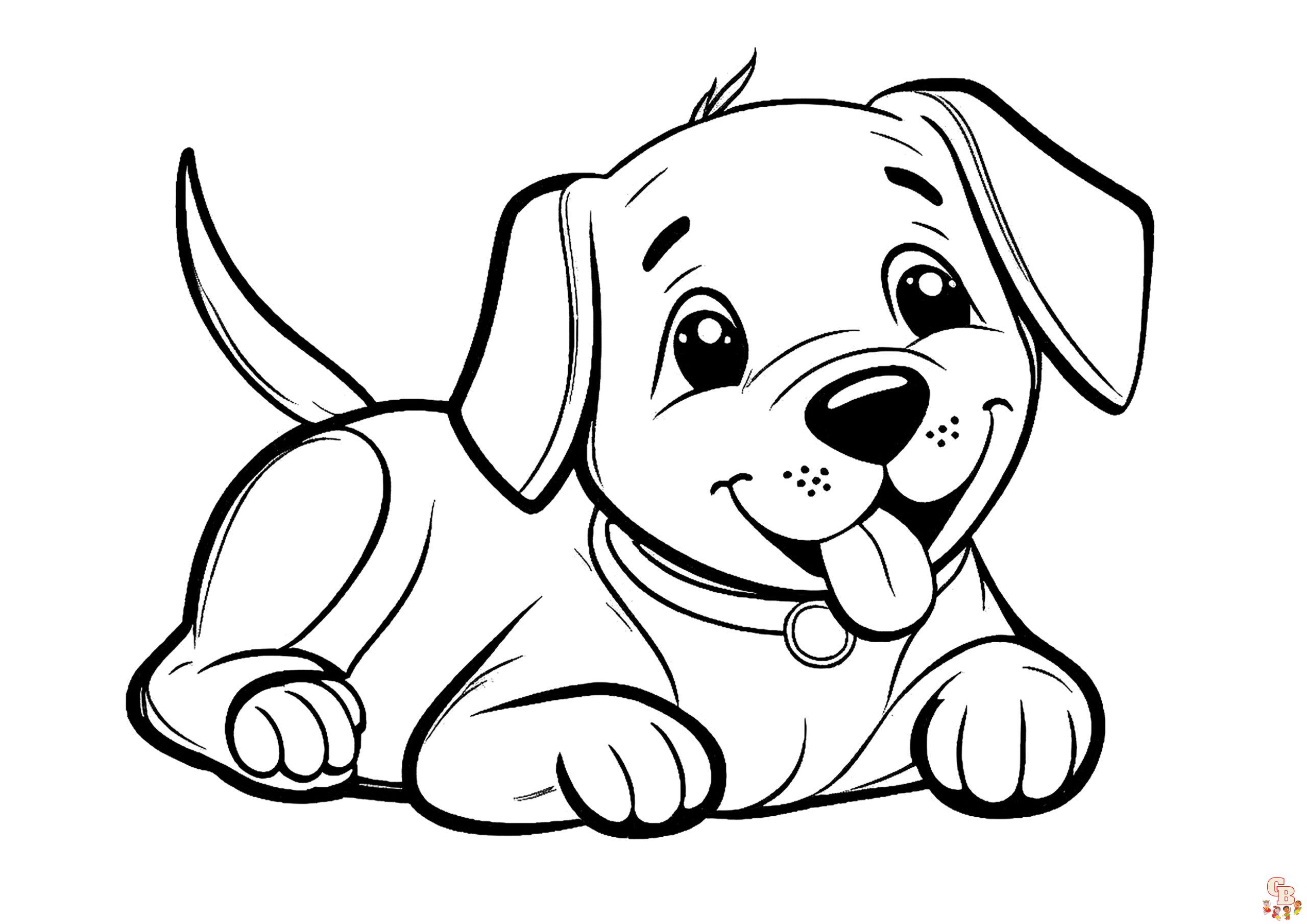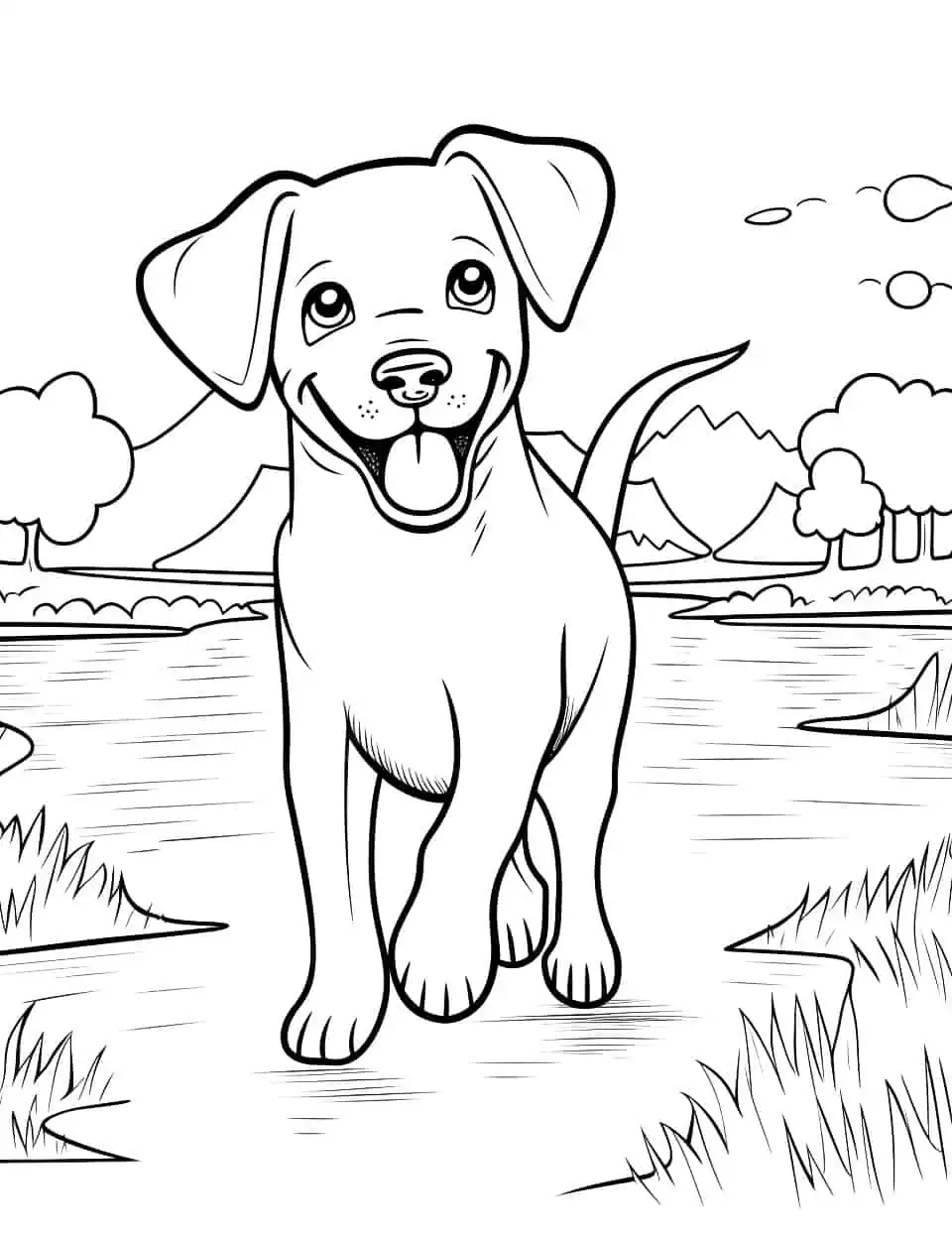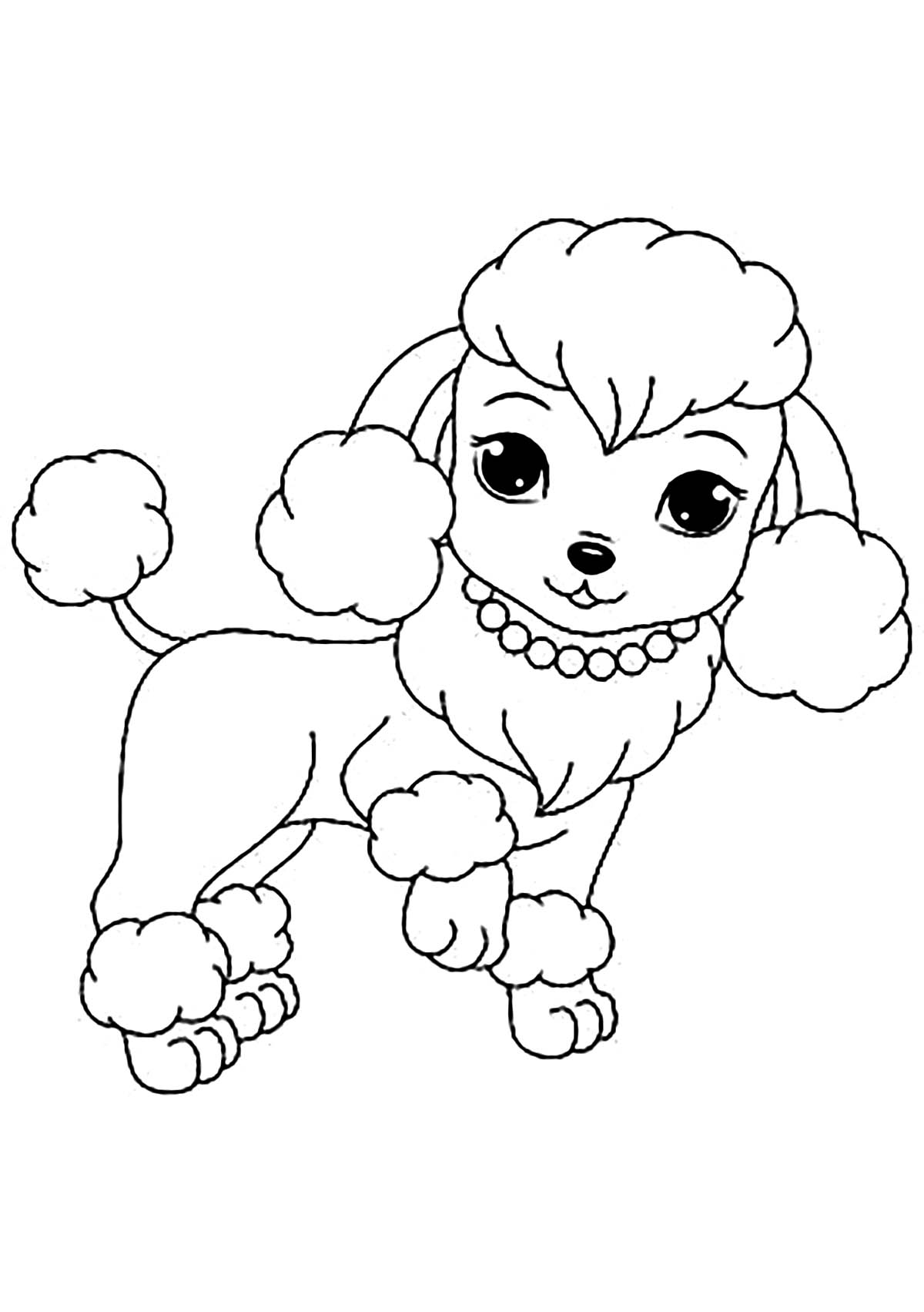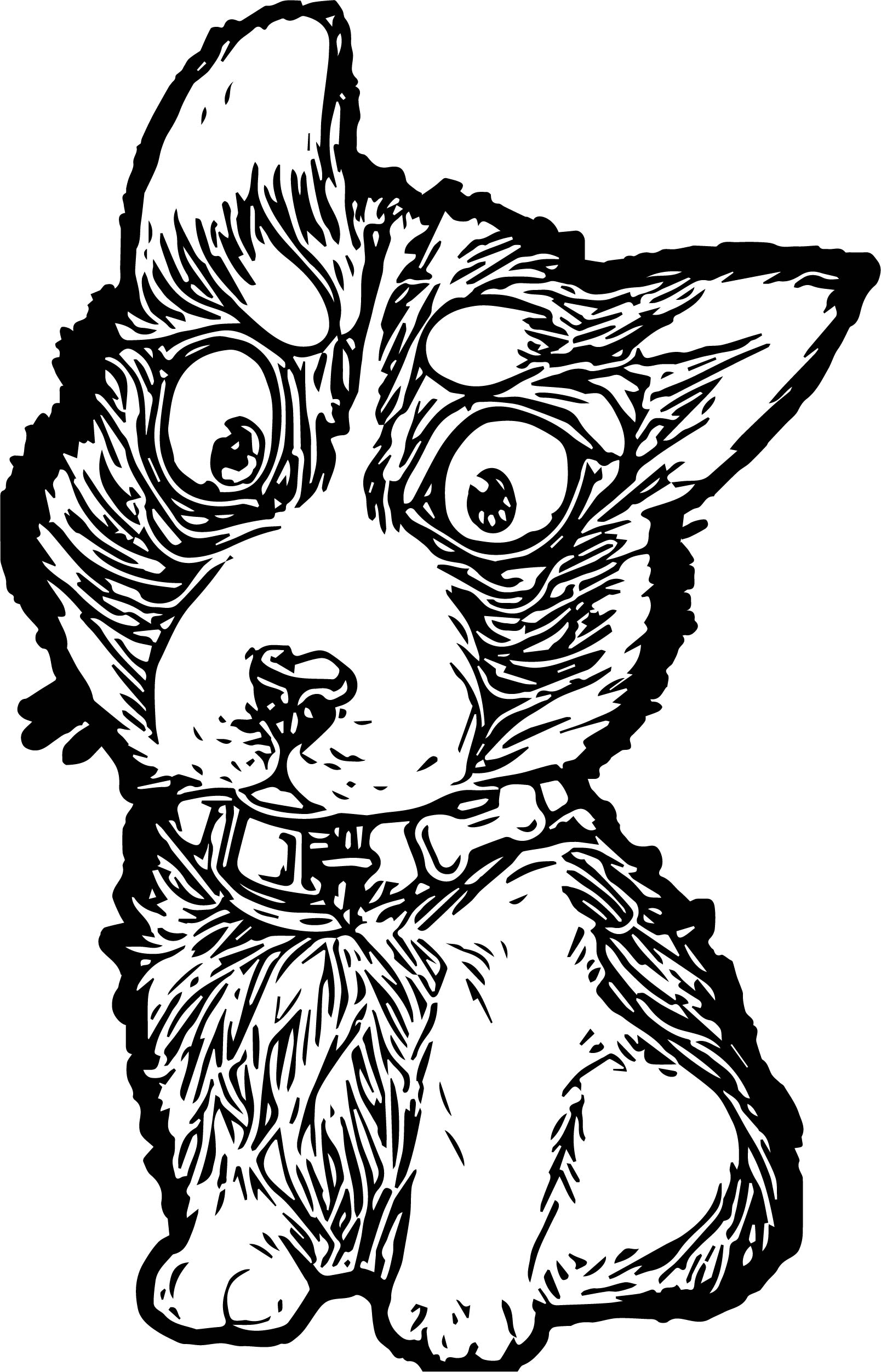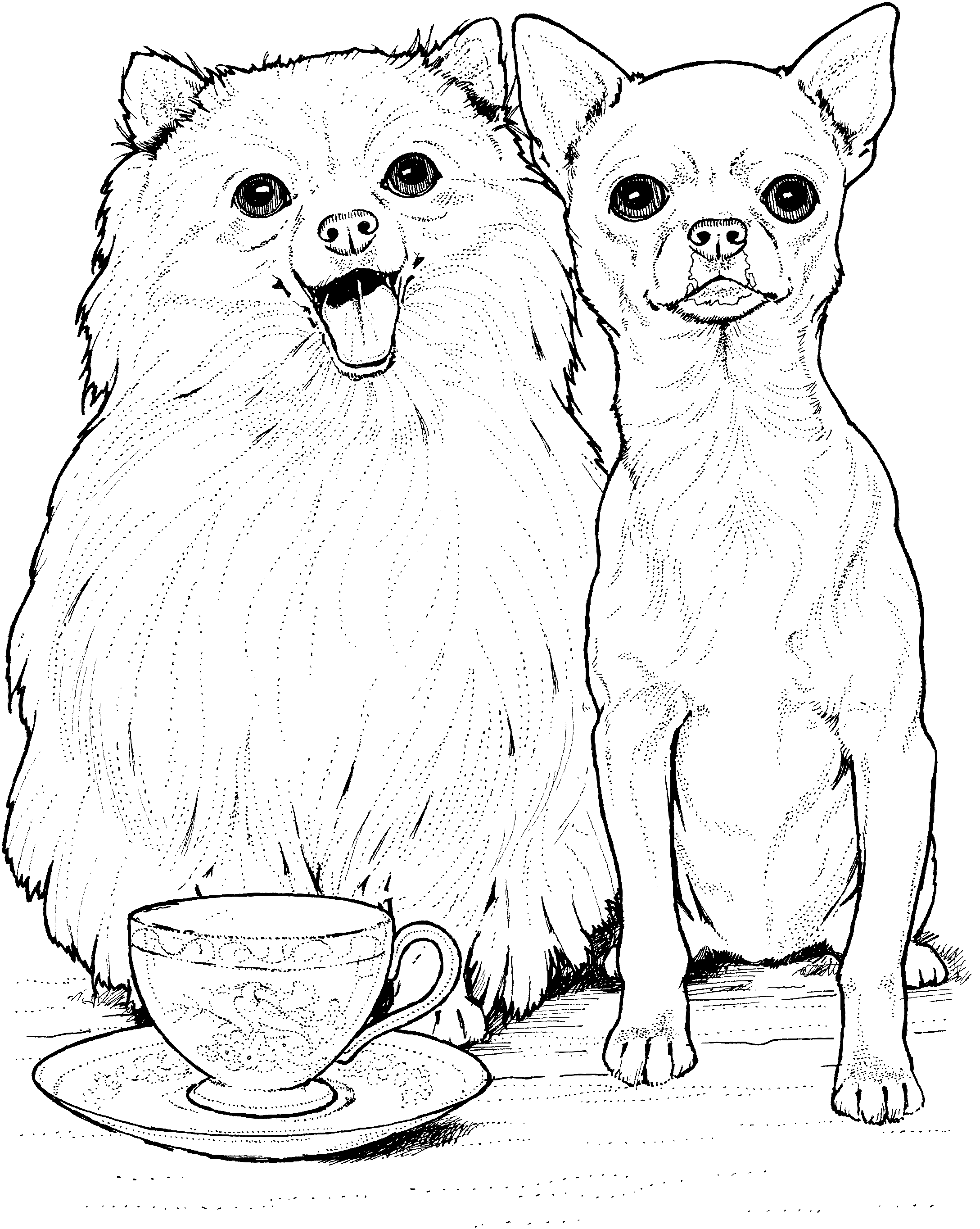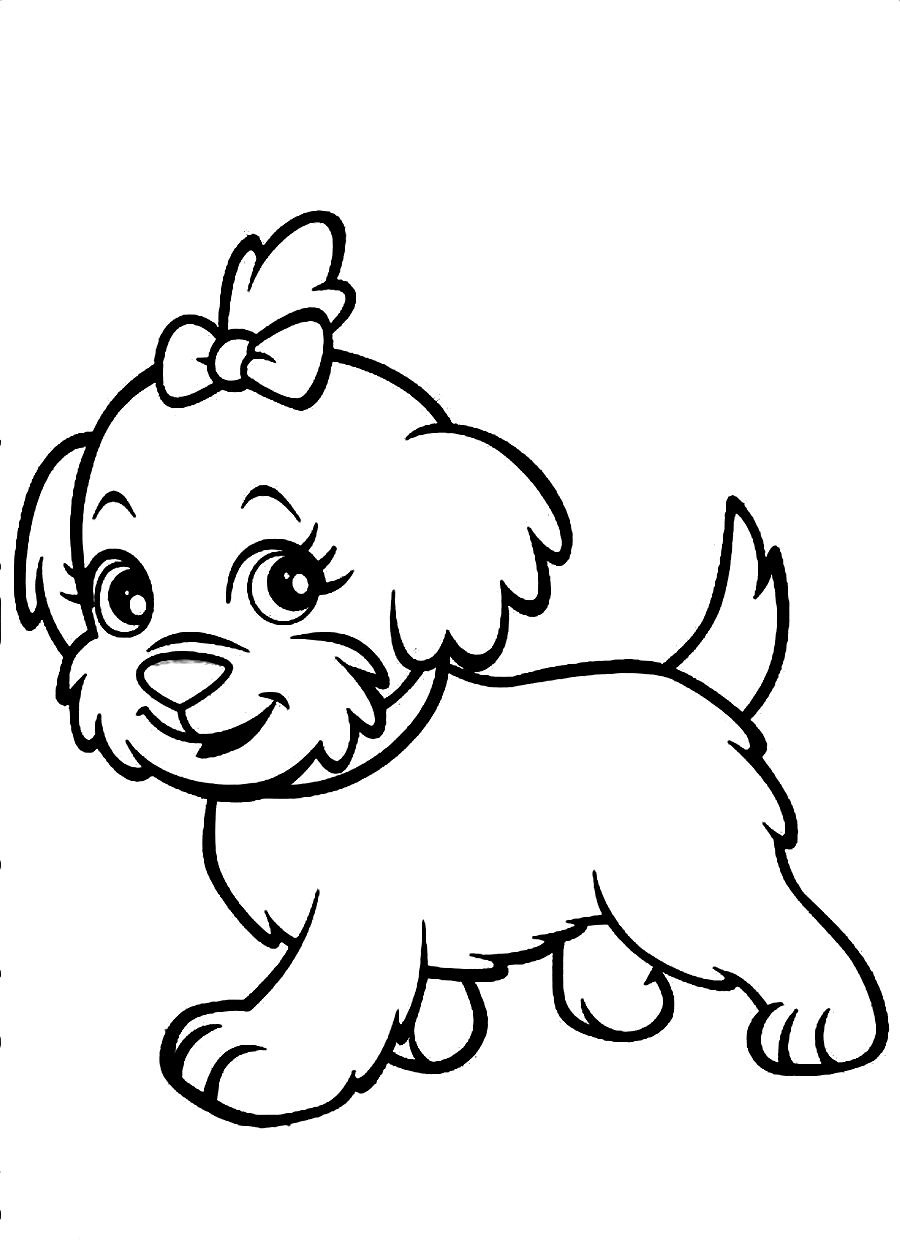Dogs come in a vast array of colors and patterns, each with its own unique charm and characteristics. From the classic black and white of a Dalmatian to the vibrant hues of a Siberian Husky, the fur of our canine companions is an integral part of their identity. Understanding the different types of dog coloring fur can help you appreciate the beauty and diversity of these beloved animals.
In this comprehensive guide, we will explore 10 common dog coloring fur types, discussing their genetic origins, variations, and the impact they have on your pet’s overall appearance. Whether you’re a seasoned dog owner or just starting your journey with a furry friend, this article will provide you with valuable insights into the fascinating world of dog coat colors.
1. Solid Colors
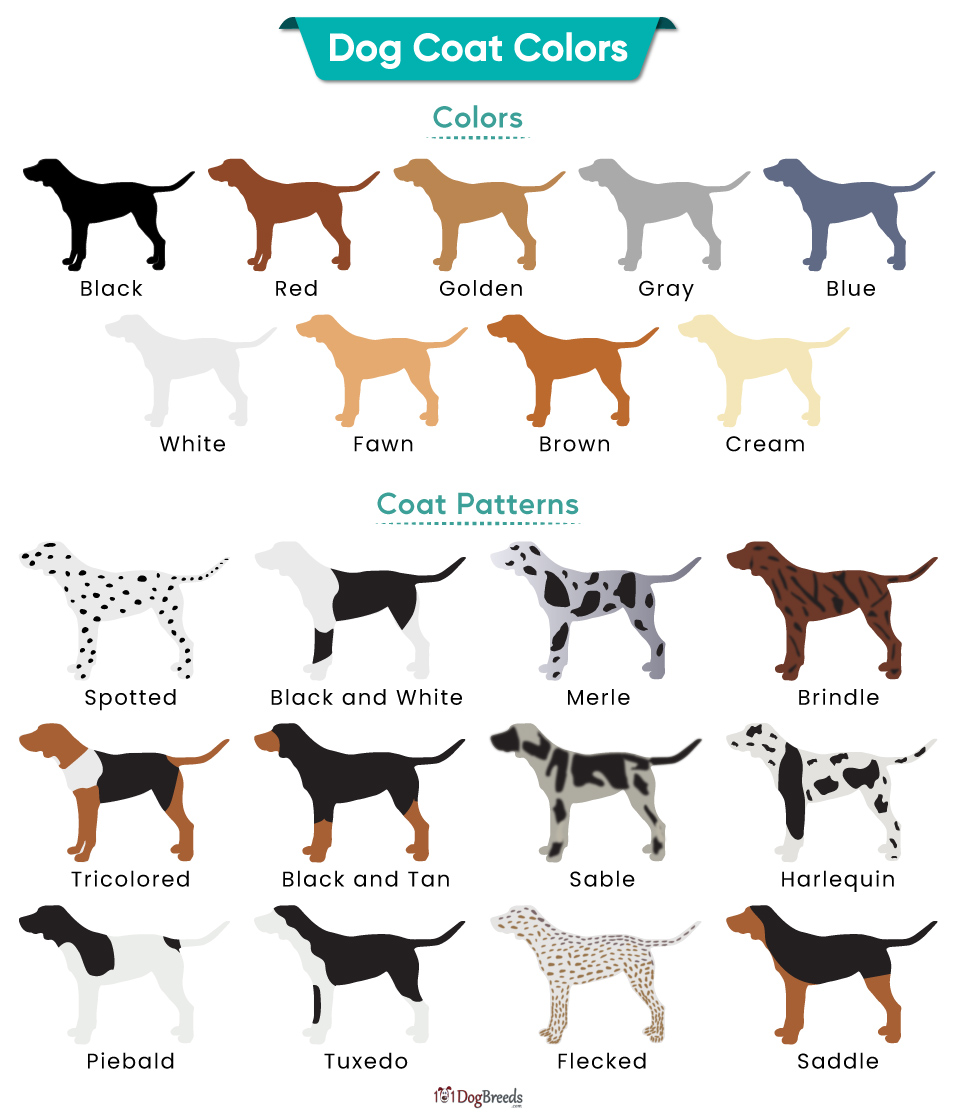
Solid-colored dogs have a single, uniform color throughout their fur. This can range from classic black or white to vibrant shades of red, yellow, or blue. Solid colors are often associated with specific breeds, such as the solid black of a Doberman Pinscher or the pure white of a Samoyed.
2. Parti-Colors

Parti-colored dogs have two or more distinct colors in their fur, typically separated by a sharp line. The most common parti-color pattern is black and white, but other combinations such as brown and white or red and white are also found. Parti-colors are often seen in breeds like the Border Collie, Australian Shepherd, and English Springer Spaniel.
3. Brindle
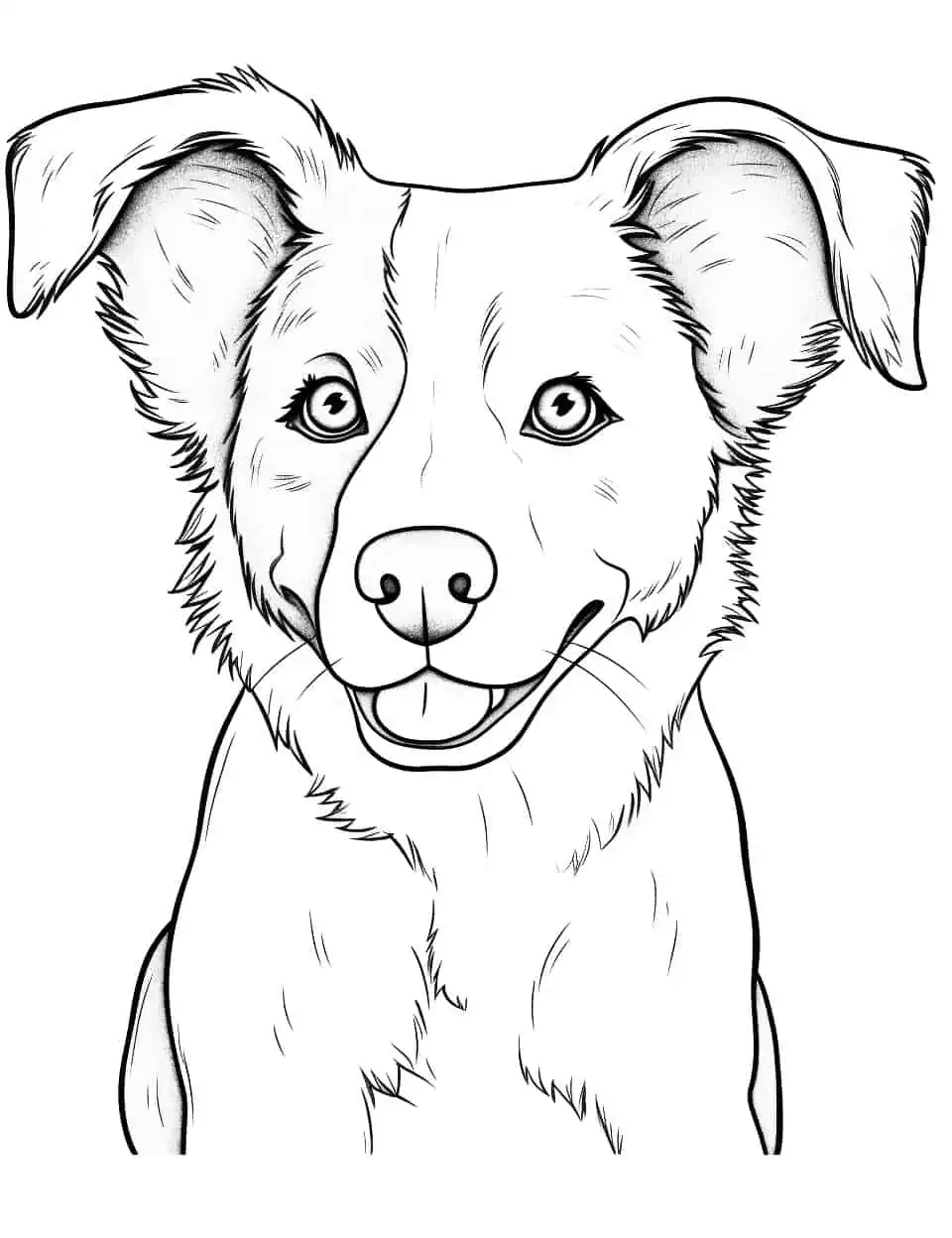
Brindle dogs have a distinctive pattern of dark stripes on a lighter background. The stripes can vary in width and intensity, creating a unique and eye-catching appearance. Brindle is a common color in breeds such as the Boxer, Bulldog, and Greyhound.
4. Sable

Sable dogs have a combination of black and tan fur, with the black tips creating a distinctive "sable" effect. The tan color can vary from light to dark, and the black tips can be more or less pronounced. Sable is often seen in breeds like the Siberian Husky, German Shepherd, and Collie.
5. Merle
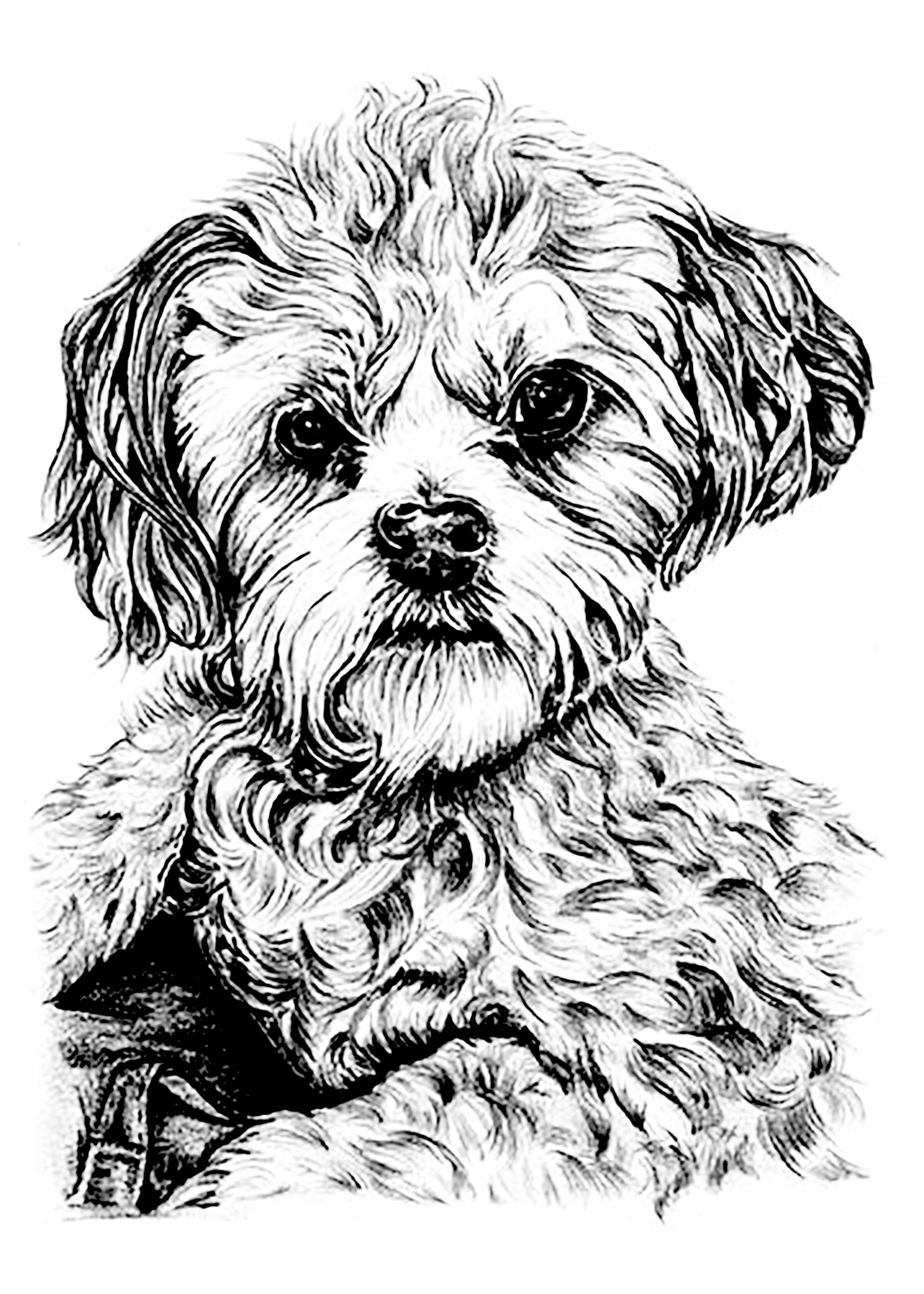
Merle dogs have a unique mottled or marbled pattern in their fur. The merle gene causes patches of diluted color to appear on a darker background, creating a distinctive and striking appearance. Merle is found in breeds such as the Australian Shepherd, Border Collie, and Dachshund.
6. Harlequin

Harlequin dogs have a distinctive pattern of large, irregularly shaped patches of black and white fur. This pattern is unique to the Great Dane breed and is highly sought after by enthusiasts. Harlequin Great Danes are known for their striking and elegant appearance.
7. Piebald

Piebald dogs have large, irregular patches of white fur on a colored background. The white patches can vary in size and distribution, creating a unique and distinctive appearance. Piebald is found in breeds such as the Dalmatian, Beagle, and Boxer.
8. Tricolor
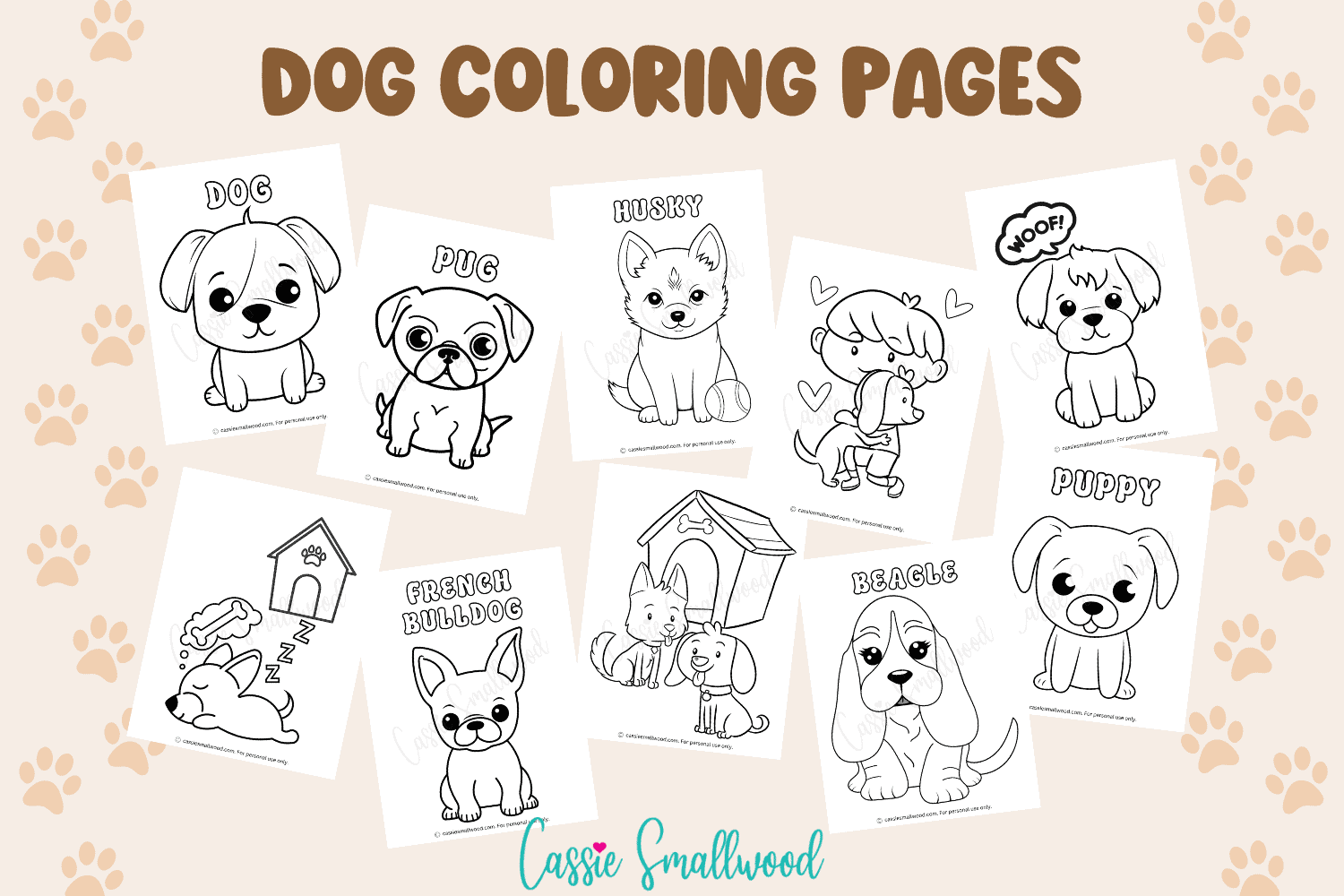
Tricolor dogs have three distinct colors in their fur, typically black, white, and tan. The most common tricolor pattern is black and tan with white markings, but other combinations such as brown and white with black markings are also found. Tricolor is often seen in breeds like the Beagle, Rottweiler, and Australian Shepherd.
9. Agouti

Agouti dogs have a unique pattern of banded hairs, with each hair having multiple colors. This creates a distinctive "salt and pepper" effect that can vary in intensity. Agouti is found in breeds such as the Siberian Husky, German Shepherd, and Wolfdog.
10. Double Merle
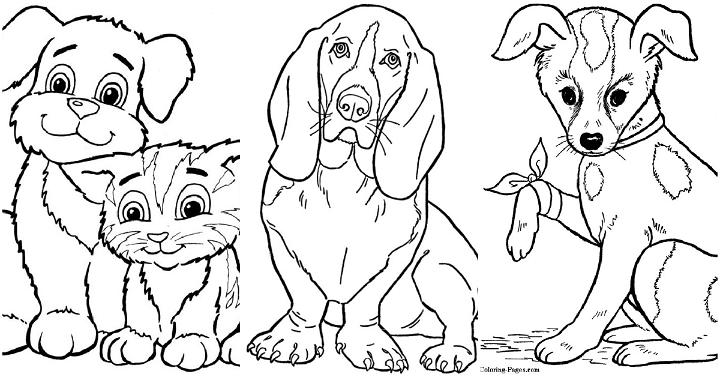
Double merle dogs are the result of breeding two merle dogs together. This can lead to a variety of health issues, including vision and hearing problems. Double merle dogs often have a distinctive white or pale coat with blue or pink eyes.
Other ideas you might like
